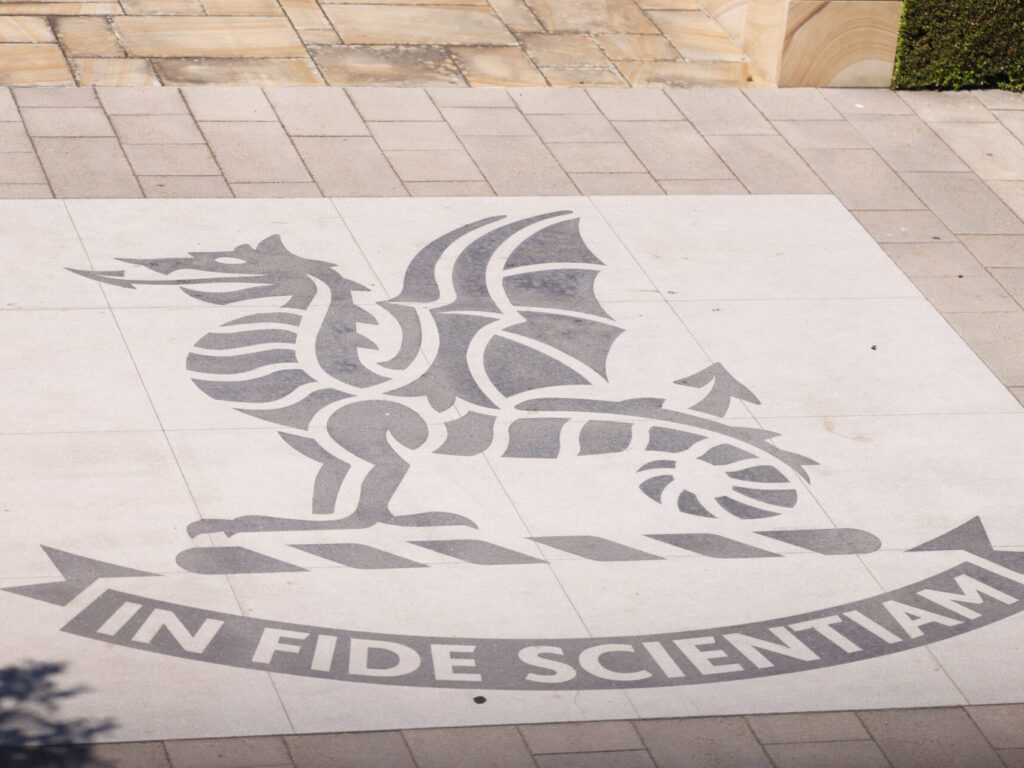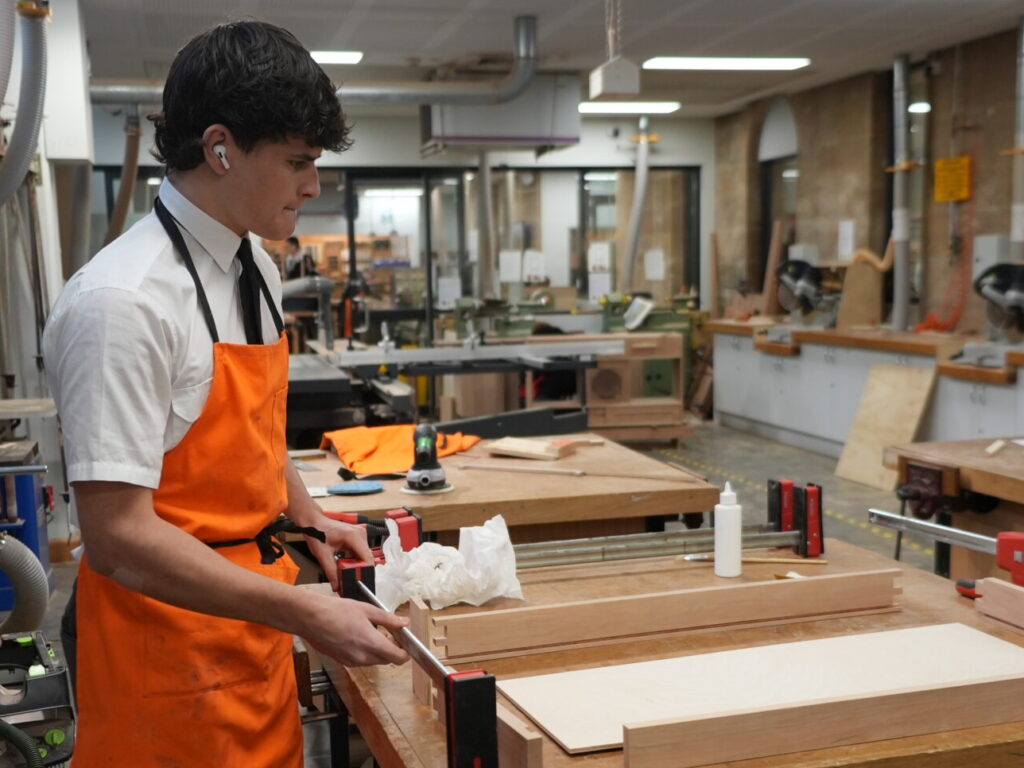The importance of routine in education
The start of a new school year is always one of great anticipation for teachers and students alike. A fresh start and the building of new relationships are a source of both first-day nerves but also excitement and anticipation.
For teachers, there is a temptation to want to make a good impression with a new class and dive into learning quickly, but worldwide research recommends that a teacher who spends time establishing, explicitly teaching and maintaining social norms, routines and expectations will be more successful in the long term in creating a safe and successful learning environment.
Research by Dr. Tim McDonald, the CEO of YMCA Western Australia and an expert in educational psychology, consistently shows that routines play a crucial role in fostering positive learning environments and helping students thrive. Dr McDonald’s work highlights that students who have consistent daily routines experience a range of benefits.
These include:
- better emotional regulation and security
- increased confidence through predictability
- improved management of transitions and focus
- greater engagement and active participation in lessons
- reducing anxiety as routines become predictable
- improved time management skills.
What does this look like at Newington?
Teachers have spent time unpicking the research and thinking about what this might look like in the context of our schools. Whole school expectations and rules have been refined, and teachers have taught them explicitly to students. These have been shared with our students in both assemblies and in classes, and we will continue to return to them regularly to ensure they are embedded.
Research tells us that not only do routines need teaching, but they also need reinforcing and maintaining to be successful. However, we are confident that these are crucial to continuing to establish fun, engaging and safe learning environments for all.
How can you help at home?
We encourage you to create routines at home that support your child’s learning and emotional development. Dr. McDonald suggests simple strategies such as setting regular times for homework, mealtimes and bedtime, as well as helping children prepare for the school day with clear, consistent morning and evening routines. It can also be helpful to build in some time for relaxation or quiet activities, particularly in the evening, to help your child wind down and prepare for a restful sleep.
‘Routine in Education’ is an excerpt from our February 2025 Prep school newsletters, written by the Head of Preparatory Schools and ELC, Benjamin Barrington-Higgs.




